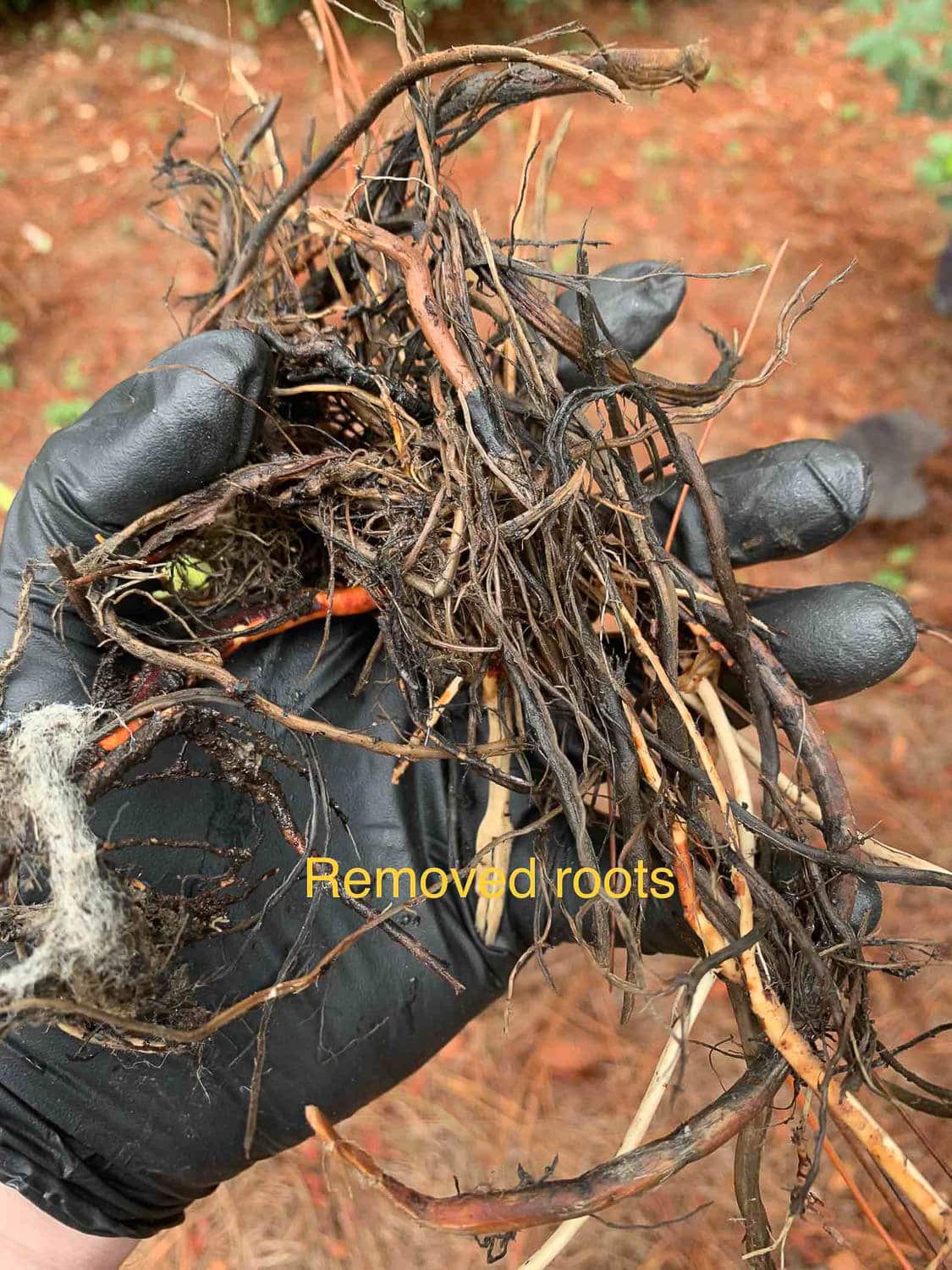If you live in Atlanta, chances are you’ve got plenty of beautiful trees on or around your property. While those trees provide shade and charm, they can also cause major headaches when their roots find their way into your sewer line. Yes — tree roots absolutely can clog your sewer line, and it’s one of the most common causes of serious plumbing problems for homeowners in our area.
How Do Roots Get Into Sewer Lines?
Tree roots are naturally drawn to water and nutrients. If your sewer line has even a small crack or loose joint, roots can slip inside and begin to grow. Over time, they expand, creating blockages that slow down or completely stop your drains. Atlanta’s older neighborhoods, with clay or cast iron sewer pipes, are especially vulnerable to root intrusions.
Signs That Roots Are Clogging Your Sewer Line
Wondering if roots are behind your plumbing issues? Look out for these common signs:
- Slow drains throughout the house, not just in one sink or shower
- Frequent toilet clogs or gurgling sounds when flushing
- Backed-up water in tubs or sinks after using appliances
- Unpleasant sewage odors around your property
- Wet or sunken spots in your yard
Why Root Intrusions Are a Serious Problem
Root clogs are more than just inconvenient. Left untreated, they can cause sewage backups into your home, pipe damage, or even full sewer line collapse. These issues are expensive and disruptive, so catching them early is key.
How to Fix Root Clogs in Sewer Lines
If you suspect roots are clogging your line, a professional inspection is the first step. At Fix & Flow Plumbing, we use camera technology to look inside your pipes and locate root intrusions. Depending on the severity, solutions may include:
- Snaking or hydro jetting to clear minor blockages
- Pipe repair for damaged sections
- Full sewer line replacement if the pipe is beyond repair
Trying to tackle this issue on your own can lead to more damage — professional equipment and expertise are essential.
Can Root Clogs Be Prevented?
While you can’t stop trees from growing, you can take steps to reduce the risk of root clogs:
- Schedule a regular plumbing inspection to catch early warning signs
- Avoid planting trees or shrubs directly above or near your sewer line
- Consider trenchless sewer repair options to replace vulnerable pipes with stronger materials
When to Call Fix & Flow Plumbing
If you’ve noticed recurring clogs, gurgling drains, or sewage smells, don’t wait until your sewer line completely fails. The licensed plumbers at Fix & Flow provide fast, reliable sewer line repair in Atlanta, including root removal and replacement solutions. Call us today at 404-800-3569 to schedule an inspection and protect your home from costly damage.
FAQs About Roots in Sewer Lines
Can tree roots really break a sewer pipe?
Yes. Once roots infiltrate a small crack, they can grow large enough to break the pipe apart over time.
Will chemical root killers fix the problem?
Chemical treatments may slow root growth temporarily, but they won’t repair the damage or fully clear blockages. Professional inspection is always recommended.
How much does it cost to fix root clogs in sewer lines?
The cost depends on the extent of the damage. A simple cleaning may be affordable, while pipe replacement costs more. The best step is to schedule an inspection for an accurate estimate.
How often should I have my sewer line inspected?
For older Atlanta homes, we recommend a sewer line inspection every 1–2 years to catch problems early.
